The pulsating heart of technological advancement, with cutting-edge breakthroughs in Artificial Intelligence, Quantum Technologies, and other emerging technologies, provides fertile ground for entrepreneurial ventures and serves as a beacon for commercial innovation. However, the process of harnessing these opportunities has its challenges. The journey toward commercialization of these transformative technologies requires a delicate balance between the thrill of innovation and the careful management of potential risks.
In this dynamic landscape, navigating the delicate intersection of technological innovation, intellectual property rights, and legal regulations is imperative. Companies must safeguard their proprietary technologies and ideas, prevent unauthorized disclosure or misuse of information, and balance national security interests while ensuring compliance with mandatory rules and protecting the parties’ legitimate interests. At the same time, the parties must continue to strive towards fostering technological development and ensuring a competitive advantage in the market. Here is where Technology Transfer Agreements (TTAs) serve as an effective mechanism.
TTAs are legal frameworks that facilitate the transition of technology from one entity to another, ensuring a symbiotic relationship between the parties. This binding agreement streamlines the conveyance of technology or intellectual property, deploying various approaches, including assignment, licensing, formation of joint ventures, and fostering collaborative endeavors in research and development.
By providing a clear and contractual understanding of the rights and obligations of each party, TTAs mitigate potential disputes, enforce intellectual property rights, and ensure the confidentiality of proprietary information. However, the drafting and execution of TTAs involve numerous complexities that demand meticulous attention to detail, a mastery of legal norms, notably the applicable laws, the conflict of law rules when a foreign element is at stake, and the national security prerogatives within the host state and the state of origin, and of course, proficiency in the relevant technical elements within the technology transfer.
Taking the national security laws as an example to demonstrate their significant impact on the execution of the TTAs, as they are implemented to safeguard the national security interests of a country, they may impose restrictions on the transfer of certain technologies, especially those with potential dual-use applications or sensitive military applications. Here are how national security laws can affect TTAs:
- Export Controls: Many countries have export control regulations to restrict the transfer of technologies, goods, or services with potential national security implications. These regulations aim to prevent the unauthorized transfer of sensitive technologies to foreign entities or countries that may pose a risk to national security. Compliance with these export control requirements is necessary to ensure that the technology transfer is done in accordance with relevant laws and regulations.
- Technology Classification: National security laws often classify technologies into different categories based on their sensitivity or potential dual-use applications. Technologies classified as “dual-use” have both civilian and military applications. The export or transfer of such technologies may require specific licenses or approvals from the relevant authorities. TTAs need to consider the technology classification and ensure compliance with associated regulations.
- Foreign Investment Regulations: Some countries have regulations governing foreign investments in strategic sectors, such as defense, critical infrastructure, or advanced technologies. These regulations may require foreign entities involved in a TTA to undergo national security reviews or obtain approvals before the transfer of technology can proceed. Compliance with these regulations is crucial to ensure that the TTA does not violate national security laws.
- Confidentiality and Restricted Access: National security laws may require additional measures to protect confidentiality and restricted access to sensitive information or technology involved in the TTA. This may involve establishing stringent Non-Disclosure Agreements (NDAs), security protocols, or access controls to prevent unauthorized disclosure or misuse of proprietary information.
All parties involved in a TTA must thoroughly understand the national security laws and regulations applicable in their respective jurisdictions. Compliance with these laws is essential to ensure the legality of the technology transfer, compliance with national security interests, and mitigate the risk of legal ramifications. Seeking advice from legal experts specializing in national security laws can help navigate the complexities and ensure compliance throughout the execution of TTAs.
Overall, it is essential to understand that even with the accompanying opportunities of the technology transfer, the journey to unlocking new pathways through TTAs is fraught with potential pitfalls and complexities. A TTA, a legal framework facilitating the exchange of intellectual property between the parties, can provide a significant thrust for technological and commercial expansion. Yet, this avenue is full of potential challenges, including intellectual property disputes, compliance concerns, breaches of confidentiality risks, and disagreements over the terms lurking in the crevices of the process. Thus, the call for cautious navigation, a robust action plan with a clear contingency strategy, and thorough risk mitigation becomes crucial.
At Trabelsi Loeb Legal Consultants, we are well-versed in the legal intricacies of TTAs. Our extensive expertise allows us to preemptively tackle these challenges and chart a path that enables you to leverage your technological assets effectively and securely. Here are ways we can mitigate common tech transfer issues:
- Contractual Proficiency in TTAs: Our legal professionals possess a keen acumen for negotiating and drafting TTAs, ensuring a balance between protecting your interests and fulfilling your business aspirations. A meticulously drafted agreement is instrumental in explicitly demarcating the responsibilities of all parties involved, thereby minimizing the potential for future disputes. ]
- Protecting Intellectual Property: We provide robust guidance on best practices for preserving your intellectual property rights during tech transfer processes. Such guidance involves strategic counsel on applying for patents, copyrights, or trademarks as appropriate, fortifying the shield around your proprietary technologies.
- Ensuring Regulatory Compliance: The interplay of TTAs with various legal domains, such as national security laws, international business laws, and industry-specific regulations, necessitates strict compliance. We ensure that your TTAs stand up to all pertinent laws and regulations, mitigating the risk of legal ramifications in the future.
- Securing Confidentiality: The execution of TTAs often necessitates sharing confidential or proprietary information. Our team ensures the establishment of stringent Non-Disclosure Agreements (NDAs) and suitable protective measures within your TTAs to stave off unauthorized disclosure or misuse of proprietary information.
- Resolving Licensing Term Disputes: Divergences over licensing terms, encompassing payment stipulations or license scope, can create friction in TTAs. We provide expert guidance and representation during these disputes, negotiating a resolution that diligently safeguards your rights and interests.
- Risk Profiling and Mitigation: Our comprehensive risk assessments for your tech transfer processes illuminate potential challenges: intellectual property disputes, compliance concerns, breaches of confidentiality, and disagreements over the terms lurking in the crevices of the process. We devise tailored strategies to counter these risks.
Navigating the labyrinth of technology transfer, a realm marked by its legal intricacies and potential rewards, calls for seasoned guides. Trabelsi Loeb Legal Consultants offer this guidance, ensuring your voyage through disruptive technologies’ turbulence is secure and profitable. Reach out to us today to unlock the benefits of our expertise in your tech transfer journey.
WHAT CAN WE DO TO HELP?
Please do not hesitate to contact us if you have any queries or need practical advice on any virtual asset transaction or how to start a business in this industry in Dubai, the UAE.
- [email protected]
- Key Contact Mrs. Malak Trabelsi Loeb, Trabelsi Loeb Legal Consultants
- [email protected]
Disclaimers:
Please note that the information provided in this article does not constitute legal, tax, business, or investment advice regarding the suitability, value, or profitability of any specific portfolio, security, or strategy. Neither this website, its owners, nor our affiliates shall be held liable for any errors or inaccuracies in the content nor for any actions taken by readers in reliance on the information provided.
It is essential to understand that your use of the information within this article is entirely at your own risk. To the fullest extent permitted by applicable law, this website, its parent company, its subsidiaries, its affiliates, and their respective owners, shareholders, directors, officers, employees, agents, advertisers, content providers, and licensors will not be held liable, jointly, or severally, for any direct, indirect, consequential, special, incidental, punitive, or exemplary damages. This includes but is not limited to lost profits, savings, and revenues losses, regardless of whether such damages arise from negligence, tort, contract, or any other theory of liability. Even if the parties have been advised of the possibility or could have foreseen such damages, it is important to carefully consider and evaluate the information provided in this article and consult with appropriate professionals regarding your specific circumstances.













